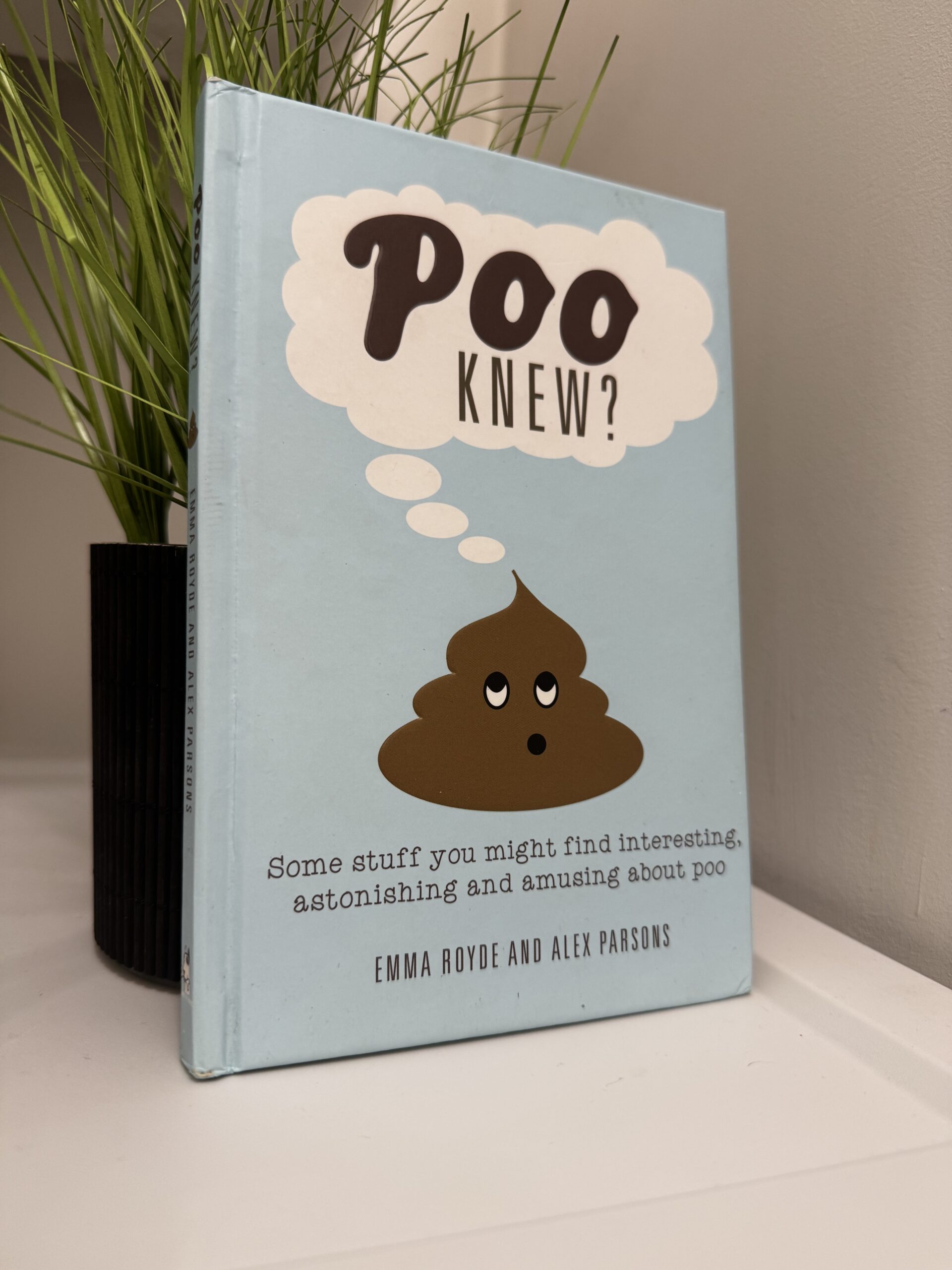Let’s talk about something many of us might not feel comfortable discussing: constipation and bloating. Trust me, you’re not alone if you’ve experienced these issues together. They often go hand in hand, and understanding how constipation leads to bloating can help us tackle both problems more effectively.
For years, I too struggled with my gut, and the pain and self-loathing that it created. For the best part of a decade, during my twenties up until my thirty thirties, lots of things happened that damaged the way I saw myself. Those ten years were spent dealing with toxic work environments and relationships, which resulted in me feeling lost, anxious and overthinking all the time, which of course, had a knock-on effect on my gut health. When I think back to that time in my life and how tough those years were, I couldn’t have imagined that I would ever feel like a happy woman again.
Constipation isn’t just about not going to the bathroom regularly; it can be a real pain—literally. When we talk about constipation, we’re usually referring to having fewer than three bowel movements a week. It can come with straining, hard stools, and that frustrating feeling of not being able to empty your bowels completely. There are several reasons why this happens.
What About Bloating? Bloating can feel like your belly is full or swollen, and it often comes with discomfort. It can happen for a bunch of reasons like overeating or eating too quickly. But when you’re also dealing with constipation, that bloated feeling can really ramp up.
They question you have all been wondering …. How Are Constipation and Bloating Connected?
We see this so much in the clinic, when you get their bowels moving probably and big effect stools there bloating also starts to reduce. When I start to experience unexplained bloating the first thing i will start to question is how well am I pooing.
Stool Buildup – When stool hangs around too long in your intestines, it can create a blockage. This blockage leads to pressure in your abdomen, which is what makes you feel bloated. A full large intestine can really make you feel heavy, sluggish and bloated.
Gas Production – The longer stool sits there, the more time bacteria have to ferment the food that hasn’t been digested. This fermentation produces gas, which can make you feel even more bloated.
Sluggish Intestinal Movement – When you’re constipated, your intestines slow down. That means gas can get trapped, leading to more bloating.
Tips you can try at home to get your bowels moving better.
Stay Hydrated – Water is your friend! Aim for at least 8 cups a day (that’s 2-3 litres) to keep things moving smoothly.
Listen to Your Body – If you feel the urge to go, don’t ignore it. This is so important that you don’t go against your natural rhythm, Responding promptly can help keep things flowing.
Boost Your Fiber – Eating more fruits, veggies, whole grains, and legumes can really help. Fiber adds bulk to your stool, making it easier to pass. You must increase your water when you increase your fiber intake.
Get Moving – Regular physical activity can really help your digestive system. Even a simple walk can make a difference. Trust me, when I get a chance to walk to work it always gets my bowels moving.
And of course look at booking a course of Colonic 🙂



